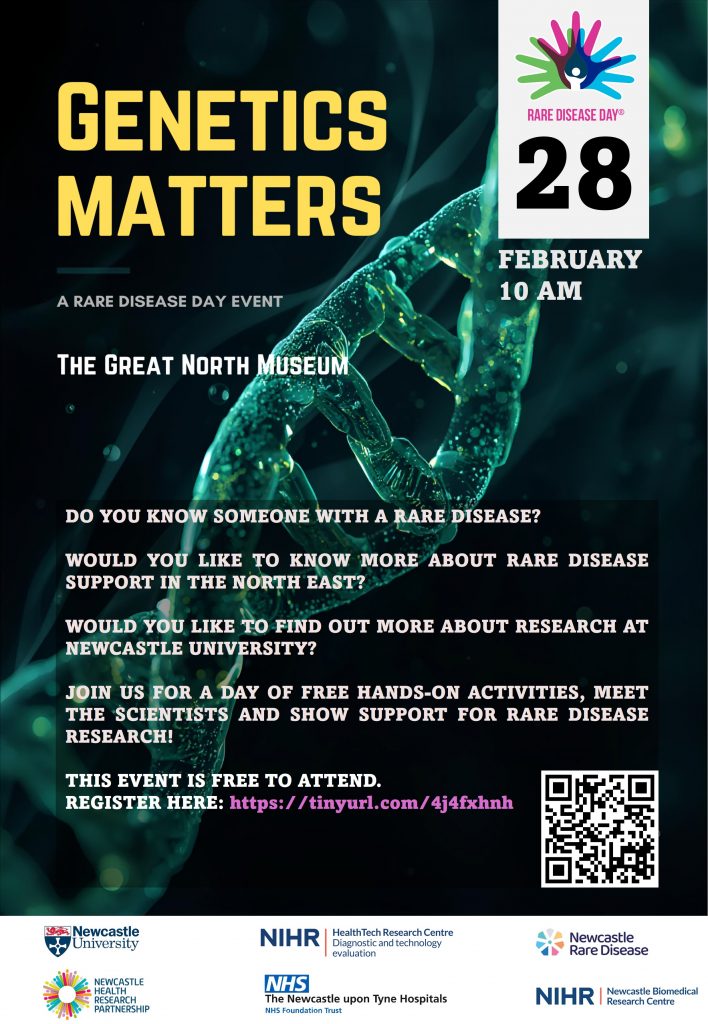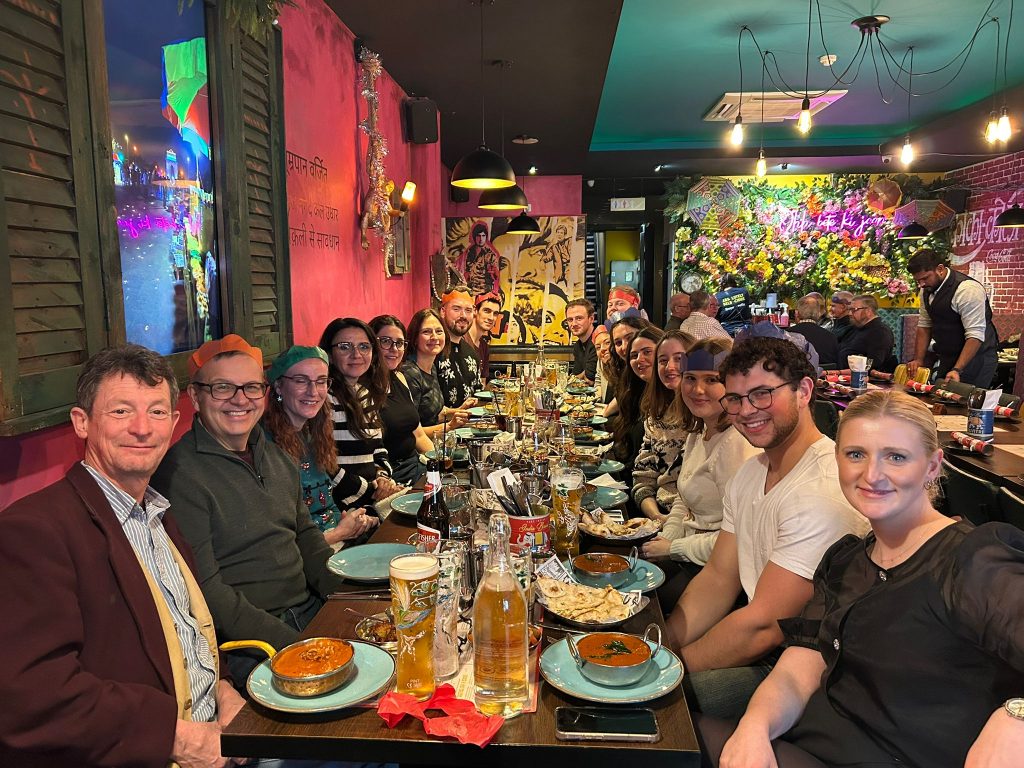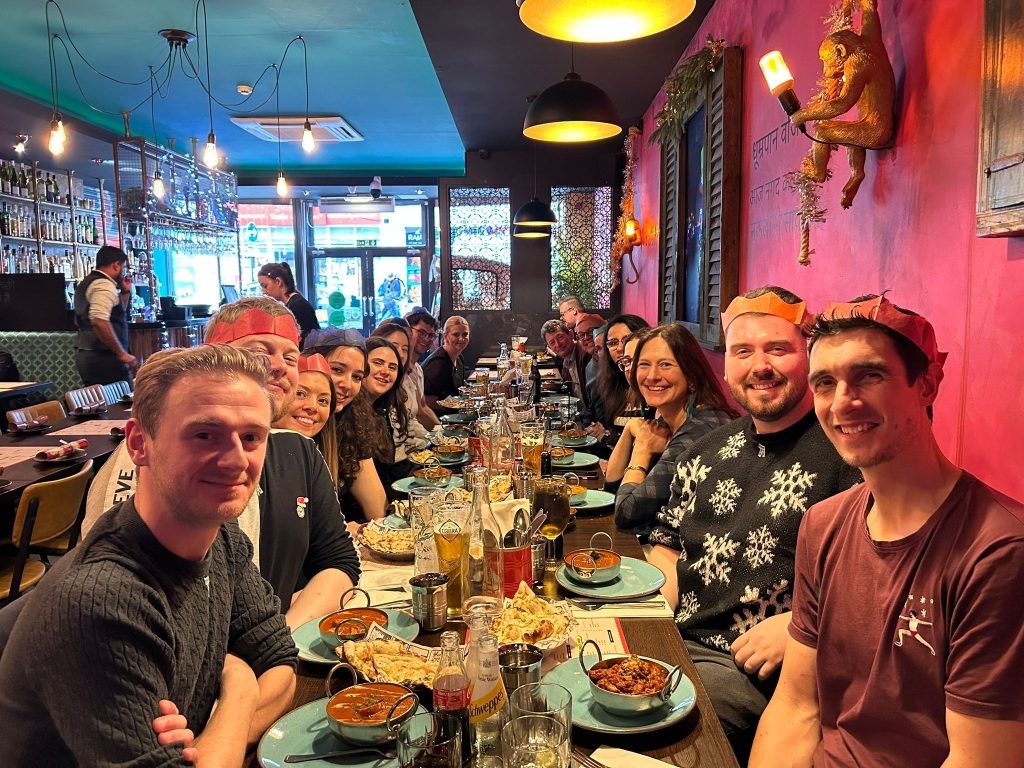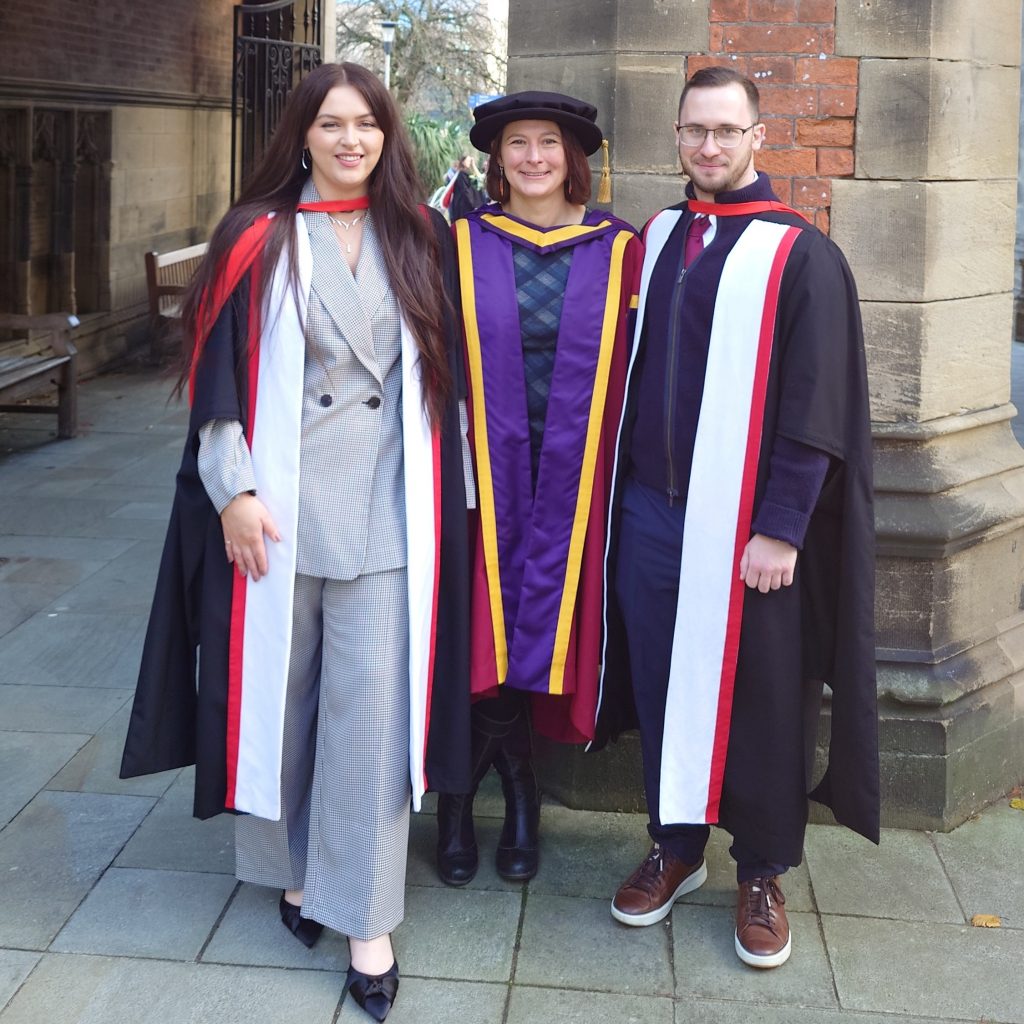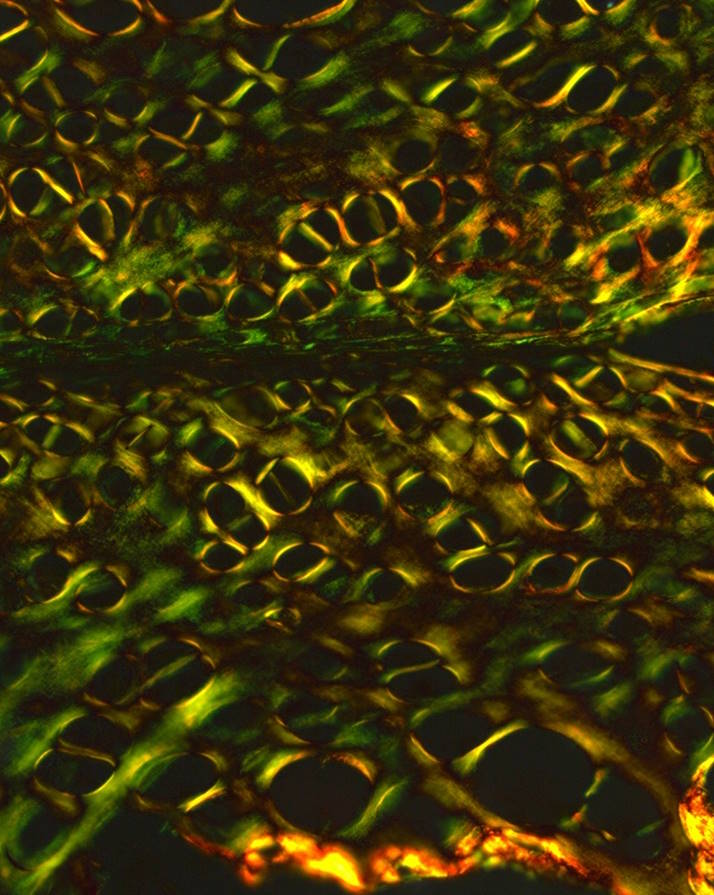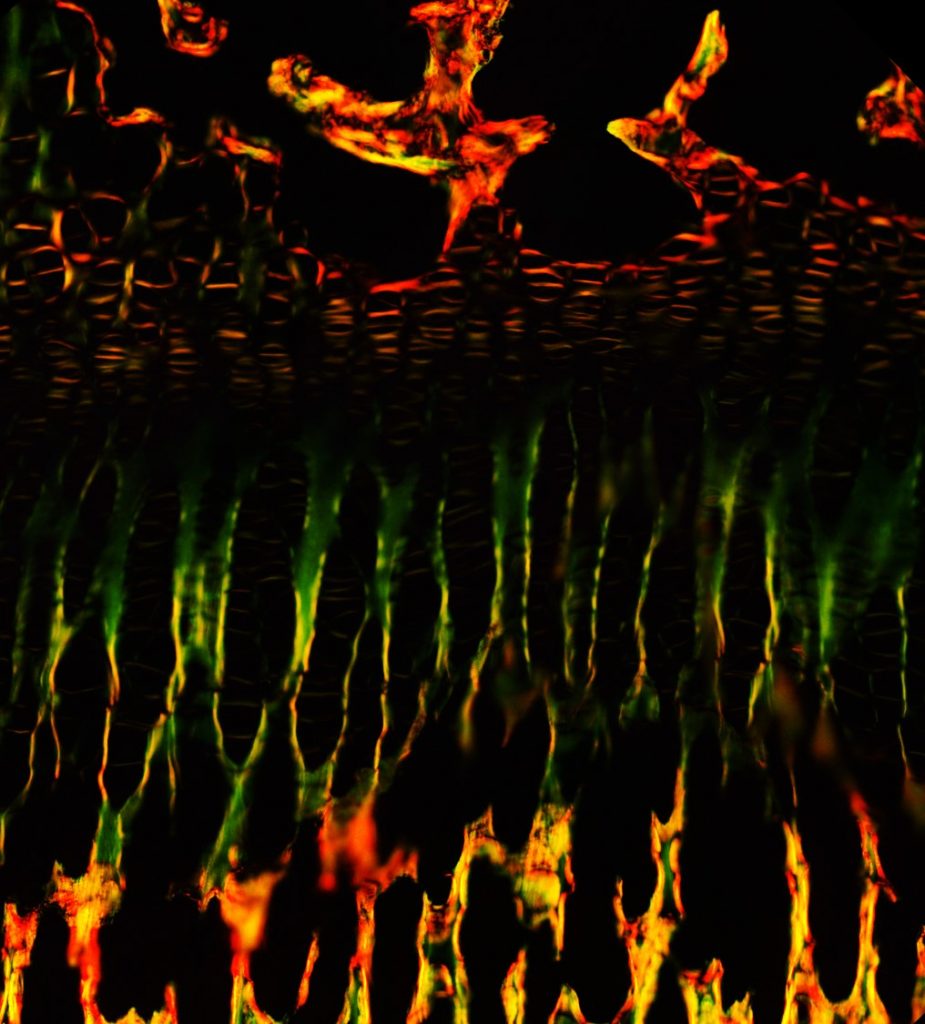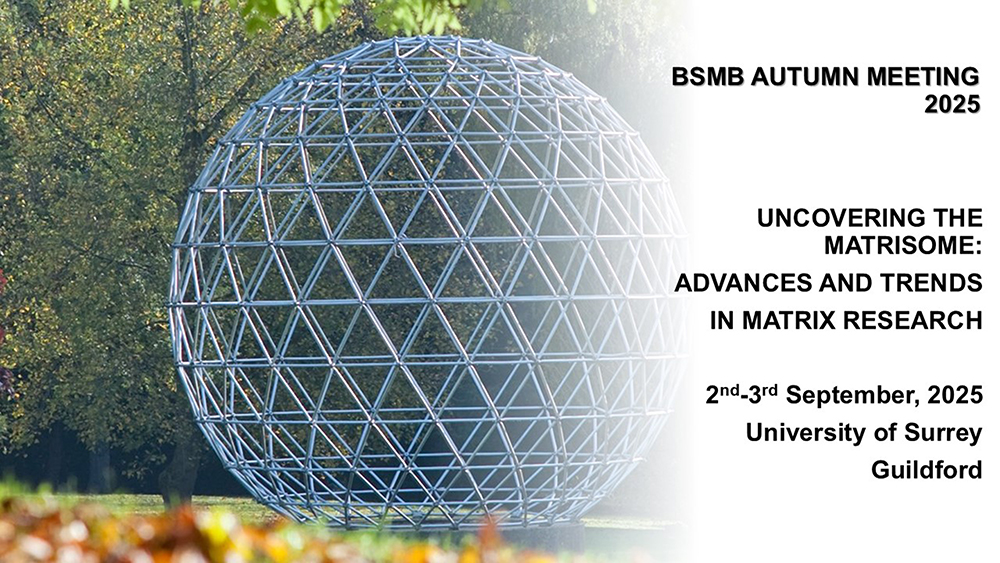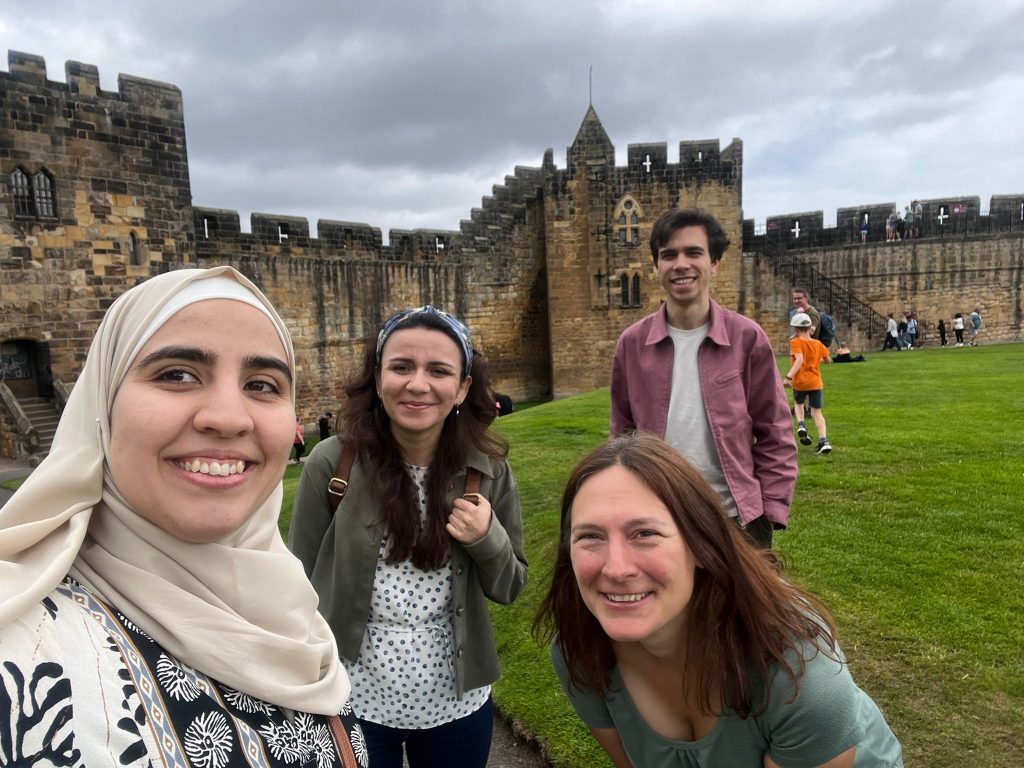The final CHANGE MSCA DN meeting took place in Padova last week. It was great to see how far our students have advanced their research and how they developed into mature scientists driving their own program of research and building their own networks.
We are very proud of you all!
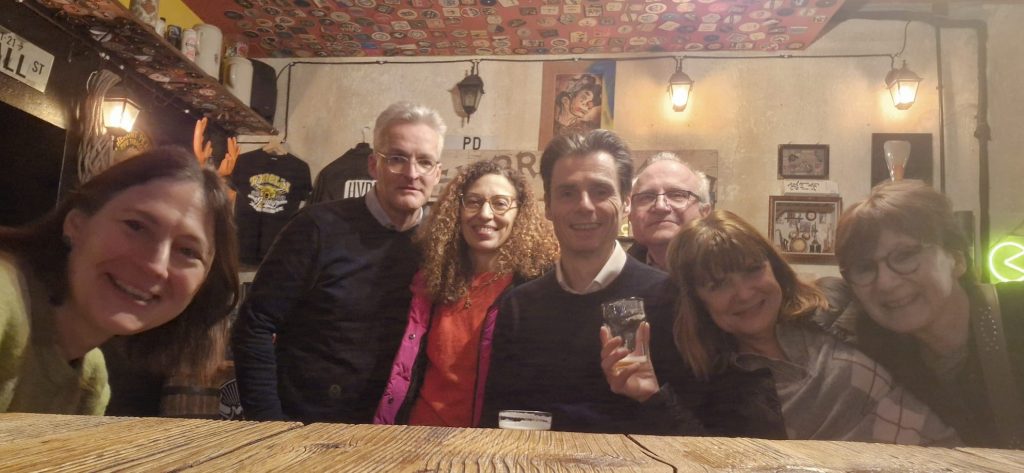
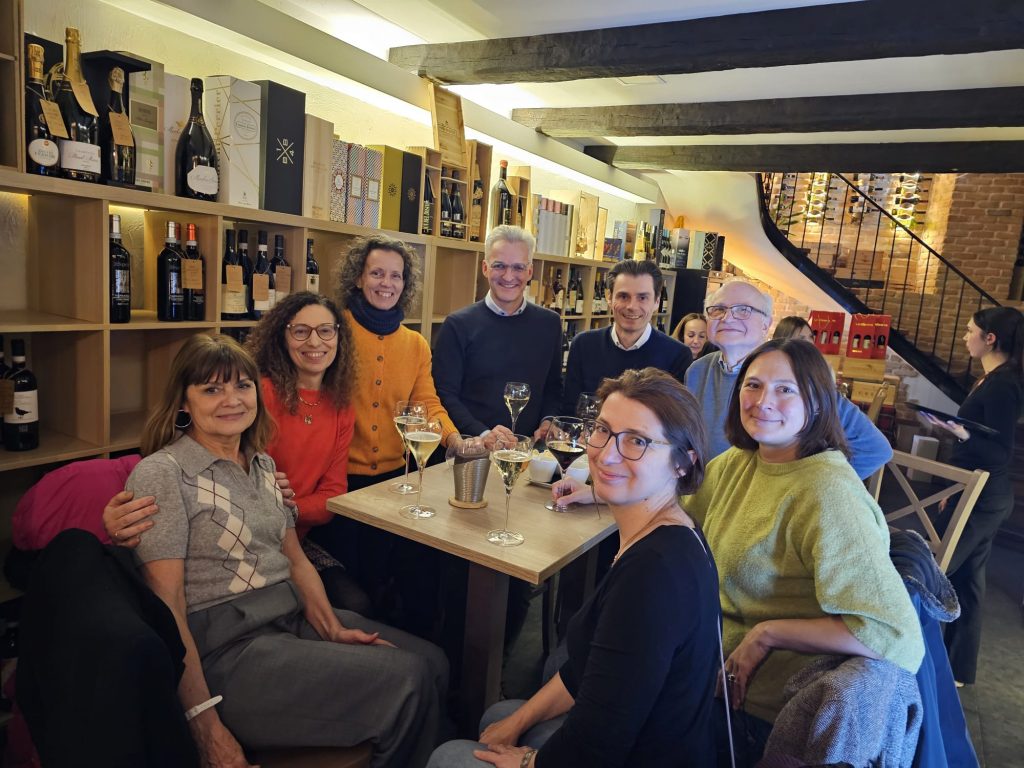
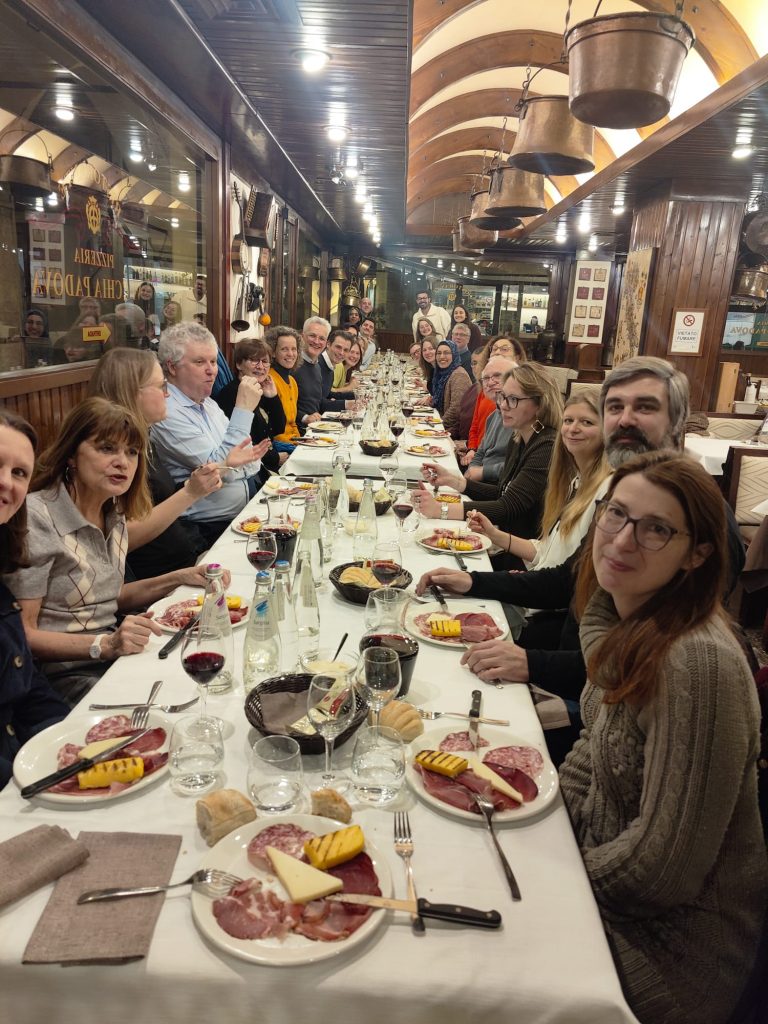
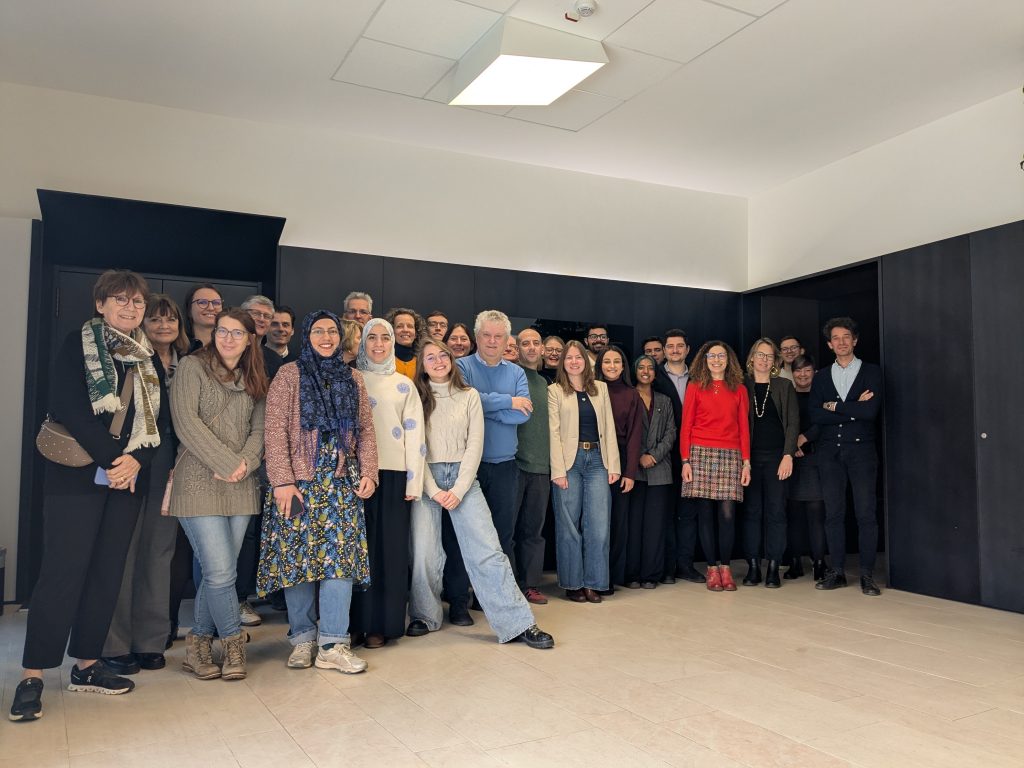
Thank you to Prof Paolo Bonaldo, Prof Paola Braghetta and Prof Matilde Cescon for organising a great meeting and looking after us all.
It is sad that this consortium is coming to an end but we hope to continue working with our European colleagues. We will eagerly follow the development of our DCs, and hope that they will be the next generation of matrix biologists leading the field in the future.
